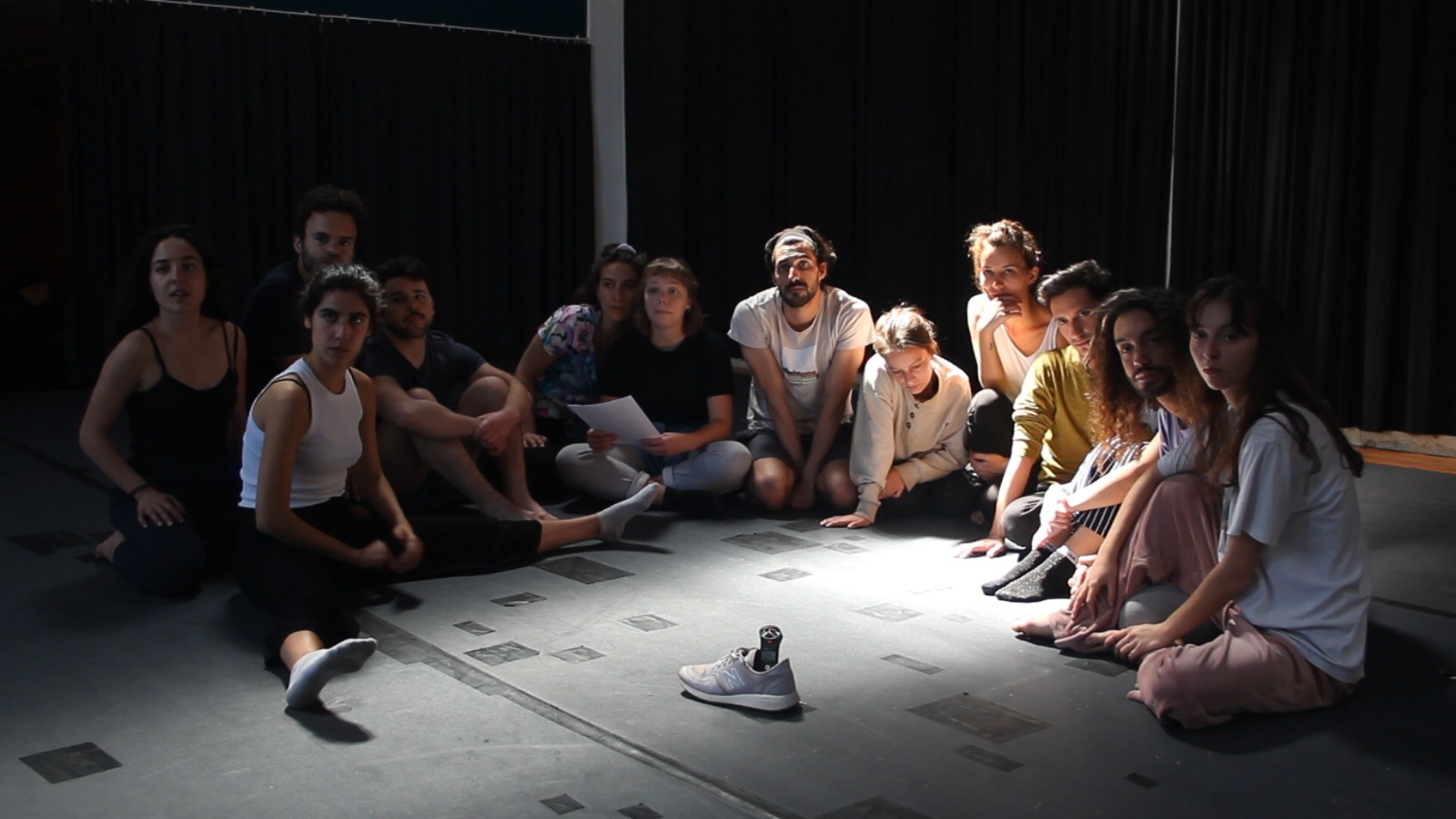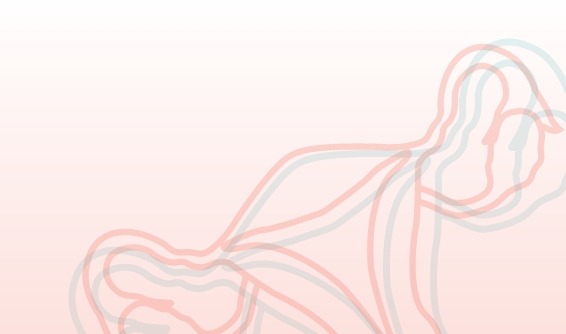We learn from an early age to read the world around us, starting with our parents’ bodies, followed by social codes, threat signals and so on; even when the signs seem ambiguous and contradictory to us, we try to interpret them and give them a narrative that consoles us in some way. But the reading we do of the world does not always correspond to the truth of those who live the events.
Why are we dominated by the need to create narratives that justify the individual or the collective, and even the place that the human species occupies among other species? Perhaps this is, after all, the characteristic that unequivocally differentiates us from other animals. The civilization of our species materialized through narratives that reflect beliefs, ideologies, memories, questions. In that impulse, we express what moves us – or restless – resorting to communication through images, movement and sound. Throughout the evolutionary process, competences in communication were developed through literature, dance, theatre, music, visual arts, cinema and other audiovisual media, and more recently, with the technological revolution, we have developed communication channels that offer us even more immediate feedback on who we are.
If it is true that the construction of narratives gives us a sense of security, it is also fair to say that it is necessary to continue to ask questions.
What narratives are we building, after all?
Corpos Celestes is a video installation in 5 windows, which results from a research conducted by Beatriz Batarda, regarding the nature of the post-millennial generation, and which many understand to be the protagonist generation of the Great Change that is announced.
Still in 2019, the recording of informal conversations between Beatriz Batarda and other teachers of artistic education begins. In September 2021, the first working group meets in Avis, followed by four other meetings, where more than 40 young artists and performers from different backgrounds and paths explored the idea of “reading events”. From the collection of testimonies of their experiences in education in the areas of Theatre, Cinema, Music, Visual Arts and Dance, narrative lines are drawn that are found in a common chronological moment: the moment after the end of artistic studies and before achieve professional fulfillment. By crossing fiction and reality, an active dialogue was generated that forced the participants to structure their thinking about the tension between external pressures and their most intimate motivations. In these indiscreet windows, we see how a theatrical exercise can open a profound debate on the laborious themes that affect generation Z, such as the oppression of identity through image, the place of freedom in art, market demands, the relationship between contemporary society with meaning, and what remains of truth in the creative impulse.
1. In this sound montage, the voices of artist-teachers are heard as they relate to their own history, and we read the result of choosing some of the words that come to the students as weapons. At the end of the day, a teacher is one who loves asking questions.
With: António Durães (voice), Artur Pizarro (voice), Beatriz Batarda (voice), Marco Mendonça (voice), Maria Romana (voice), Nuno Nunes (voice) and Olga Roriz (voice).
2. The look behind the camera leaves a restless body. The body thinks and organizes ideas in silence, alone or in pairs – in a mirror. When we think silently, we seem closer to ourselves; and when we organize ourselves based on the use of words, it seems that we approach the idealization of who we are. A group of young people want a school that is for everyone and where everyone can learn to think. They want the revolution.
With: Djucu Dabó, Bruna Lima, Guilherme Félix, Catarina Campos Costa, Laura Mendonça, Pedro Russo, Constança Villaverde Rosado, Francisca Neves, Joana Bernardo, Maria Ribeiro Torres, Mariana Lobo Vaz, Leandro Paulin, André Simões, Maria Romana, Susana Luz , Guilherme Pelote, Leonor Alecrim, Gonçalo Ribeiro, João Pires, João Raposo Nunes, André Marques, Joana Pialgata, Íris Runa, Beatriz Batarda (voice)
3. “I belong to generation Z”. Both people project themselves intellectually into the contradictory forces of their contemporaneity. A voice that represents the school, guides and tells them: You are the Body. Listen, breathe, evaluate and decide to then act.
With: Sara Marita, José Paulo Ribeiro, Rui Silva, Miguel Amorim, Diana Sousa Lara, José Miguel Dias, Tomás Seruca Bravo, Francisca Sarmento, Filipe Lopes, Mafalda Pereira, Andreia Valles, Mariana Cardoso, Inês Filipe, Gonçalo Braga, Jéssica Brandão , Luísa Guerra, Bruna Lima, Leonor Alecrim, Gonçalo Ribeiro, Beatriz Gonçalves, Djucu Dabó, Guilherme Félix, André Simões, Leandro Paulin, Laura Mendonça, Susana Luz, Leandro Paulin, Maria Romana, Beatriz Batarda (voice)
4. “I am what I make of my story”. From fantasized secrets and conflicts, lines of fictional narratives are outlined that intersect in an imaginary place of hope. They transform individual trauma into collective strength.
With: André Simões, André Marques, Joana Pialgata, Bruna Lima, Inês Proença, Leonor Alecrim, Filipe Lopes, Jéssica Brandão, Rafael Carvalho, Rita Cabaço, Rita Vicente, Susana Luz, Gonçalo Ribeiro, Djucu Dabó, Leandro Paulin, Rita Vicente, Maria Romana, Beatriz Batarda, Cleo Diára (voice)
5. “This body is mine/This body is ours”. These are the children who are not like the children, and who believe that they will be free after rewriting the truth. They walk in the wake of the tribe, they belong to something greater than illusion and they resonate in the vacuum that is excavated inwards. They think of sacrificing their lives in order to give meaning to the crimes committed.
Com: Beatriz Batarda, Constança Villaverde Rosado, João Pires, João Raposo Nunes, Joana Bernardo, Laura Mendonça, Maria Ribeiro Torres, Mariana Lobo Vaz, Guilherme Pelote, Pedro Russo, Guilherme Félix, Catarina Campos Costa, Íris Runa, Francisca Neves, Rita Cabaço, Rita Quelhas (voz), André Simões (voz), Joana Pialgata (voz), Binete Undonque (voz)
Project supported by ![]()












